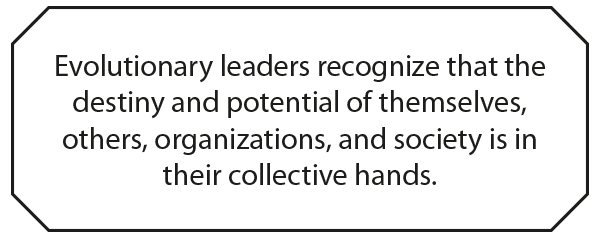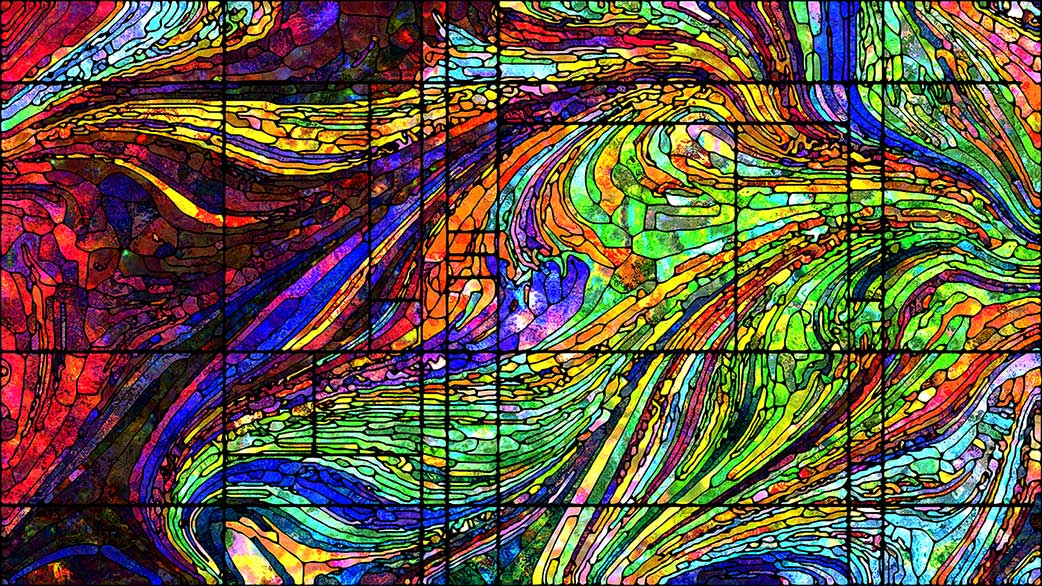
Consciousness Crisis – A Call for Evolutionary Leadership
By Michael Ryder
Most of us recognise the obvious – that the world is undergoing a period of dynamic disruption driven by many factors, including technology, globalization, and the current transition into the “imagination age”… a paradigm shift requiring significant transformation.
An imperative for the success of any significant transformation is leadership. The World Economic Forum Global Outlook Agenda in 2013 noted, “Leadership remains the biggest challenge of all for 2013 and beyond.”
Few would argue the difficulty we are still experiencing in delivering effective leadership in both business and politics.
My work as a consultant with leaders and their teams evidences that chronic stress and anxiety (created by the mismatch between a leader’s level of mental complexity and the complexity they are expected to manage), coupled with constant change and disruption, critically demand more evolved approaches to leadership and wise organizational/societal stewardship.
The Call for Evolutionary Leadership.
The emergent issues faced by leaders of today are “adaptive challenges,” which require us to be transformed by the problems themselves. Einstein captured this sentiment as “no problem can be solved from the same level of consciousness that created it.”
Unfortunately, the world is still largely driven by collapsing Newtonian paradigms of leadership – linear and transactional “firefighting” approaches that are no longer relevant in managing complexity.
This critical shortage of conscious leaders presents a profound opportunity for those who wish to transform themselves into “evolutionary leaders.”
The challenge facing leaders and leadership teams of organizations and societies today is to courageously undergo their own developmental work to transform, evolve their consciousness, and liberate their own potential.
Evolutionary leadership is the key to relevance, shared value creation, and sustainable success in the complex global innovation economy.
And we are now at a point of choice.
The greatest obstacle to any meaningful transformation is the prevailing mindset. Self-awareness is key. We cannot manage those things that we are unaware of, especially ourselves.
Evolutionary leaders are aware that the thinking and behavior that got us here is not going to get us to where we need to go. Their priority becomes self-mastery – intimately understanding their conscious/unconscious beliefs, bias, fears, and motivations. It includes the cultivation of emotional and spiritual intelligence (EQ and SQ), which become highly valuable currencies and powerful allies of the intellect (IQ).
In this context it is important to consider “the mind” and its impact on evolutionary leadership.

The Mind – an Enabler of Evolutionary Leadership or a Constraint?
The unique environmental experiences we were exposed to as children directly influenced the creation of the neural, energetic, and somatic structures of an embodied “mindset.” Our body is in effect our unconscious mind congealed – our “character structure.”
All of us have made this developmental journey, and based on the uniqueness of our individual experiences these collective structures formed the basis of an overarching organism identity we could call our “self.” This “self” became a vehicle that allowed us to survive and navigate the world with varying degrees of success.
Our mind is the “driver” of this vehicle we call the self. The mind is our central organizing principle.
Author, child psychiatrist, and neuroscientific educator Dr. Dan Siegel created a working definition of the mind as that “which regulates and manages the flow of information and energy” in self and others.
A leader and the leadership team in this context hold a similar position of regulating and managing the flow of information and energy within a larger organism – the organization. The manifested cultural norms, structures, and systems of an organization can be considered the embodiment of this larger central organizing principle – “the leadership mind.”
The mind therefore determines the relevance, potential, stability, and effectiveness of the self – and by extension leaders, teams and organizations.

Structure Determines Function and Performance
A fundamental law of nature and physics is that structure determines function and performance.
The mind is a complex structure. Our level of mental complexity determines the quality of our lives and how effectively we perceive, manage complexity, lead, and experience ourselves and the world around us.
Consciousness is the deeper structure of the mind – the mind’s basis of operation. Therefore, our level of conscious awareness enables or constrains the capacity of our mind to manage and regulate the flow of information and energy that will realize our potential and enable our most beneficial self-state.
Evolutionary leadership requires us to transform and evolve our level of consciousness – our basis of operation or, as Ghandi put it, “the change we want to see in the world.”
The Instrument of Evolutionary Leadership
The instrument of leadership is the self.
The first step to evolutionary leadership is learning to lead and transform our own mind – liberating it from egoic habitualizations and its narrow lens of awareness.
This transcendent shift to a higher level of consciousness is reflected more tangibly in “neuroplasticity” – the scientifically evidenced capacity of the brain to mindfully restructure, integrate, and achieve greater levels of metacognition/metaperception.
When this shift occurs, we begin to experience ourselves, the world, and our motivations differently. Our relationship and connection with ourselves, others, and our environment open into a more conscious, interconnected, and integrated space. Optimally self-managing and regulating the flow of information and energy becomes the norm – we move toward self-mastery as a stabilized way of being.
Interdependent systems awareness and metaperception of complexity dynamics and polarities become more accessible, facilitating insightful approaches to wiser decision making.
We are transforming. The platform for evolutionary leadership is establishing itself beyond the small self: our ego.

The Challenge of Transcending the Ego
An evolutionary leader must be able to hold the reflective capability to transcend their ego. This can be one of the most challenging aspects of becoming an evolutionary leader.
Our ego considers itself very separate from others. It can be highly convincing and self-interested in asserting or colluding with what it believes to be true. It is the source of much conflict personally and professionally, defending its habitualized reality even if to do so may undermine our own relationships and quality of life.
Harvard professor Dr. Robert Kegan, in his Immunity to Change research, demonstrates that the critical work of transcending the habitualized identity (ego) is not an easy undertaking. Despite the best of intentions to positively change, there are often unconscious competing commitments that actively resist change and maintain the homeostasis (i.e., comfort zone) of our organism. His research highlighted that some people would sooner die than change – and many individuals, cultures, and organizations do.
In my work with organizational leaders, some are challenged in their struggle to evolve beyond their ego mindset, too attached to familiar ways of being where there is little growth. Transformation and learning lie outside our comfort zone, hence the importance of learning to consciously master the flow of information and energy within ourselves.
To begin the journey of evolutionary leadership, research has shown tools such daily reflective journaling and meditation can evolve consciousness, accelerating the development of the mind’s reflective capacity (metacognition) and transcendence of ego states by engaging the brain’s pre-frontal cortex to interrupt habitualized ways of being.
Deeper levels of conscious awareness and integration are also rapidly developed in relational engagements such as executive coaching with a conscious leadership coach or therapy with a skilled psychotherapist. In our consultancy work we also design leadership retreats and integrated professional development programs that target this critical area of leadership.
Where to Now?
“The best way to predict the future…is to create it” – Peter Drucker
Evolutionary leaders recognize that the destiny and potential of themselves, others, organizations, and society is in their collective hands. Firstly, however, they must intentionally evolve their level of consciousness, adapt and work through their own limitations and habitualised ways of being and doing.
By embarking on their own transformational journey, leaders can become highly integrated role models and conscious leaders of their own minds and lives, skillfully managing and regulating the flow of information and energy in themselves and, by extension, others.
Only then are they able to authentically articulate the evolutionary vision and deeper purpose of teams, communities, and organizations. Their role becomes an enabler of the vision through by creating an inclusive space of shared leadership, trust, and safety. A coherent and agile ecosystem where purposeful dialogue, system design (structure), and the flow of information optimally supports purposeful activity (flow of energy) that aligns, engages, and sustainably guides the system toward the fulfillment of its evolutionary purpose.

Michael Ryder is based in Sydney, Australia. He is a sought-after international consultant, facilitator, executive coach, and researcher who specializes in partnering with organizations in the areas of evolutionary leadership, cultural transformation, and organizational potential.
Michael Ryder
Director and Co-founder
InsideOut Consulting